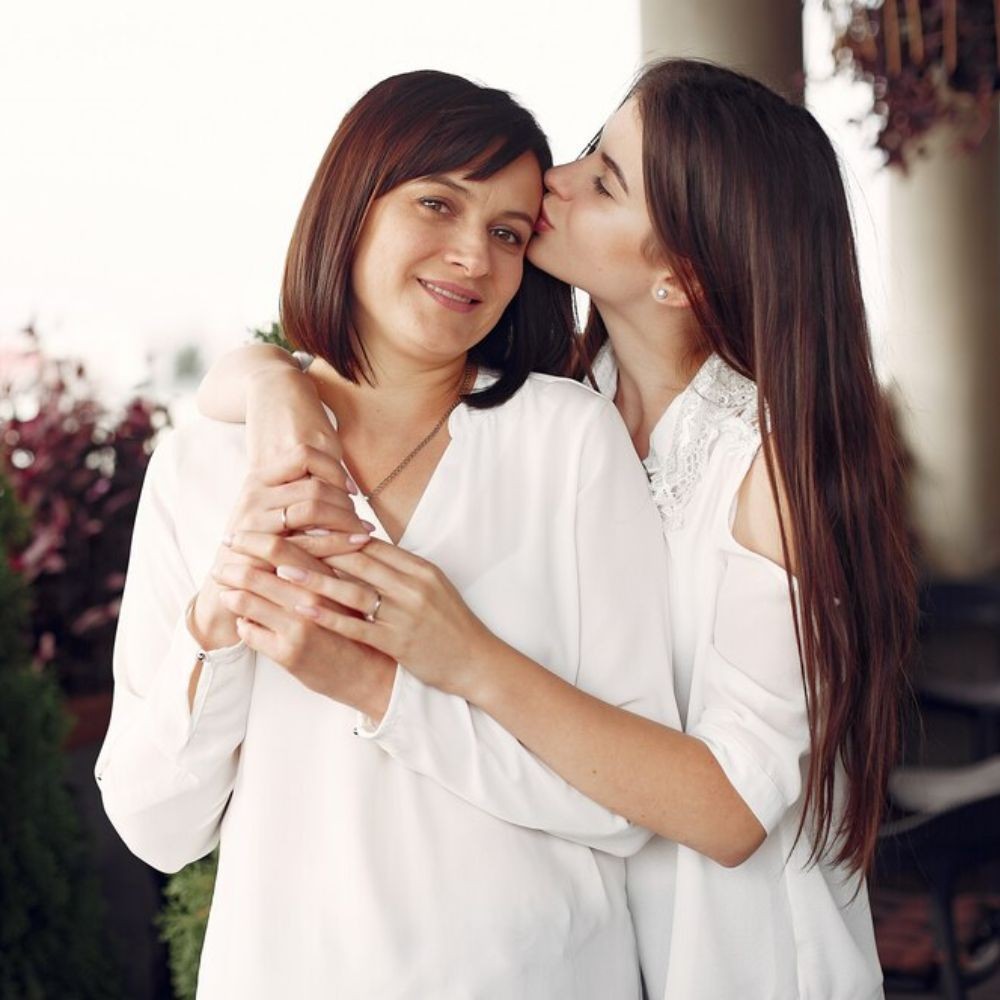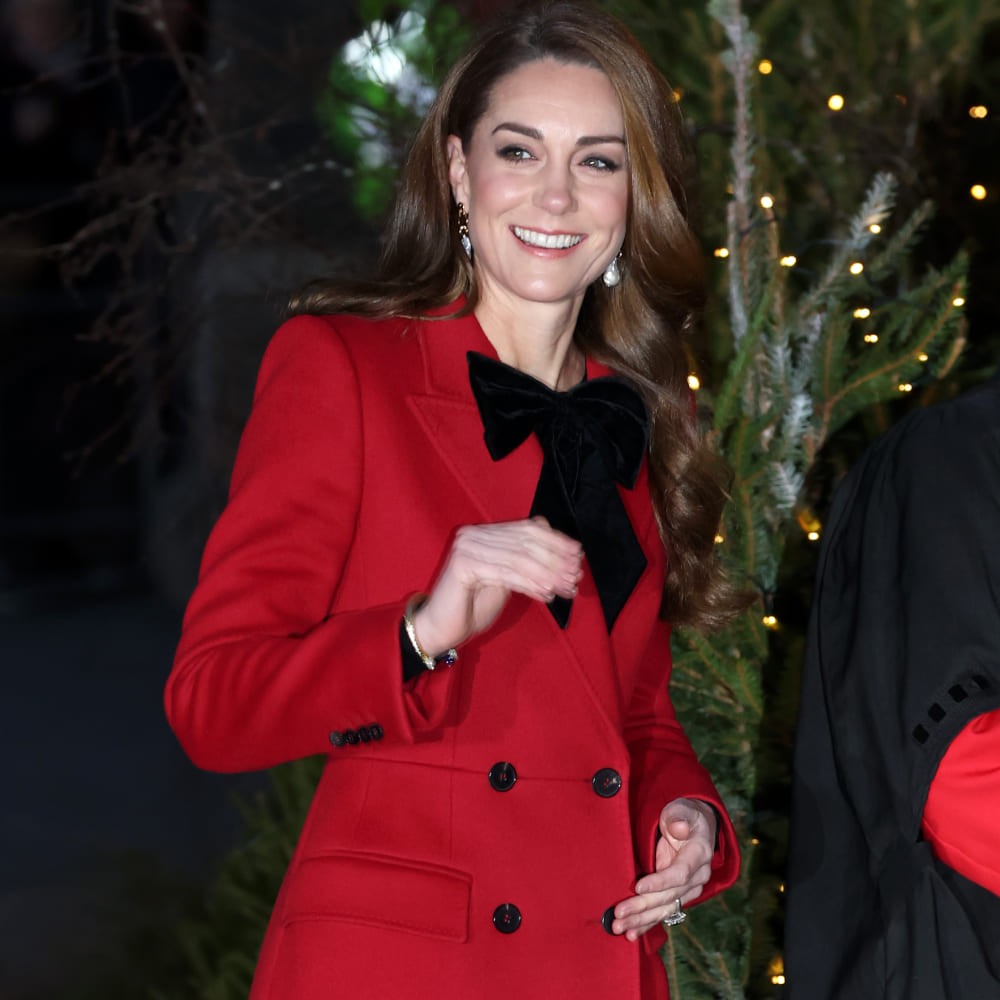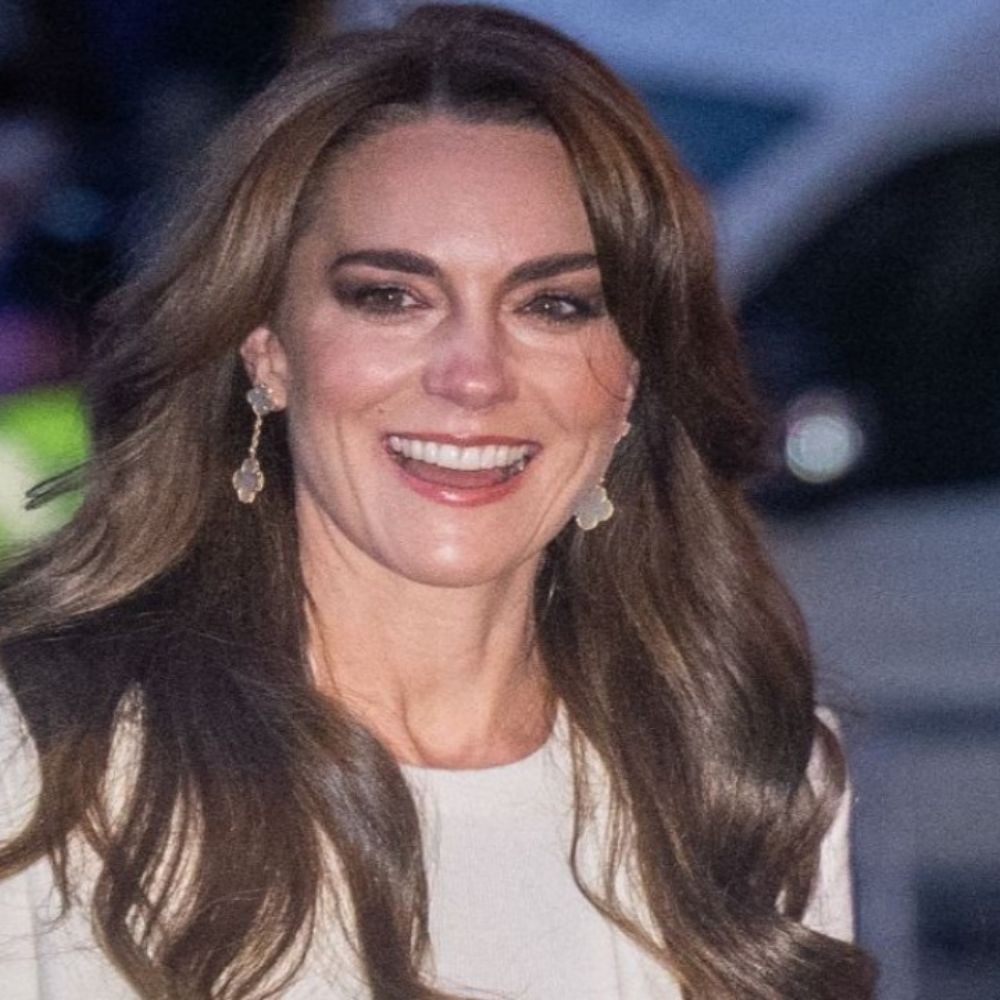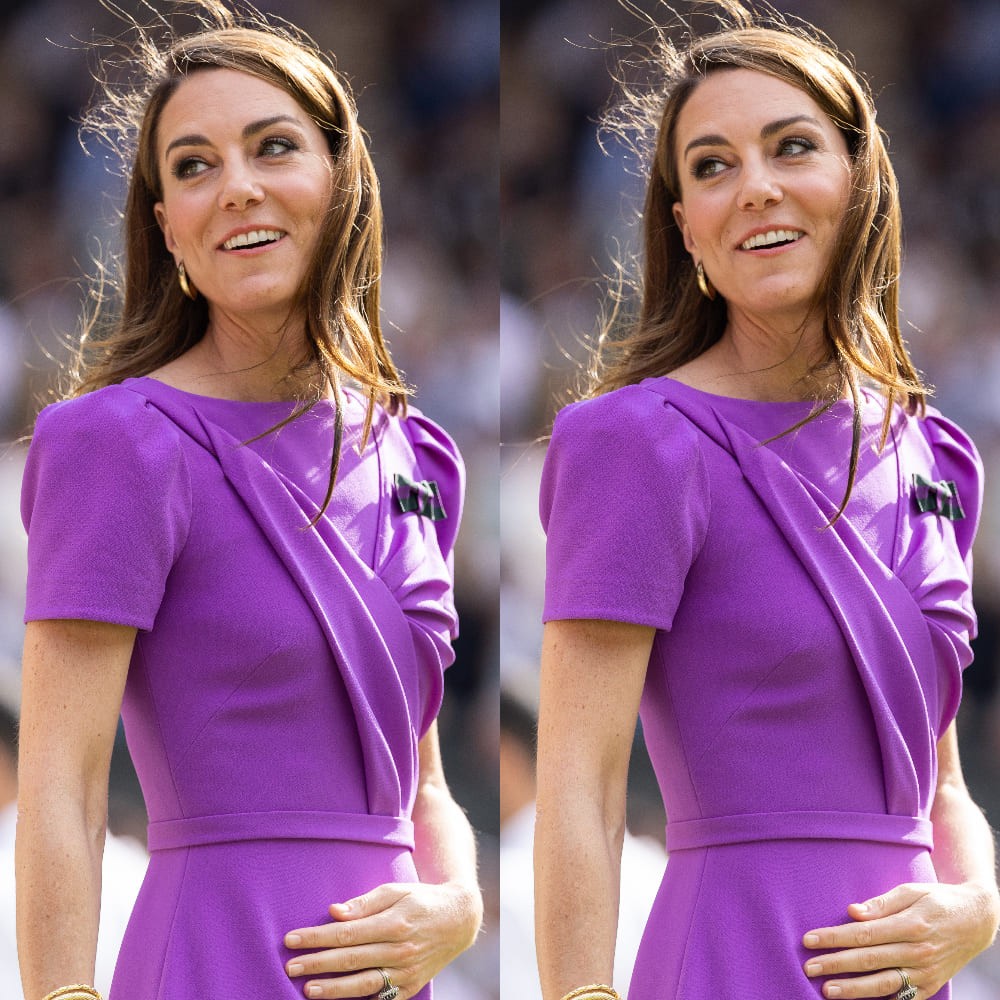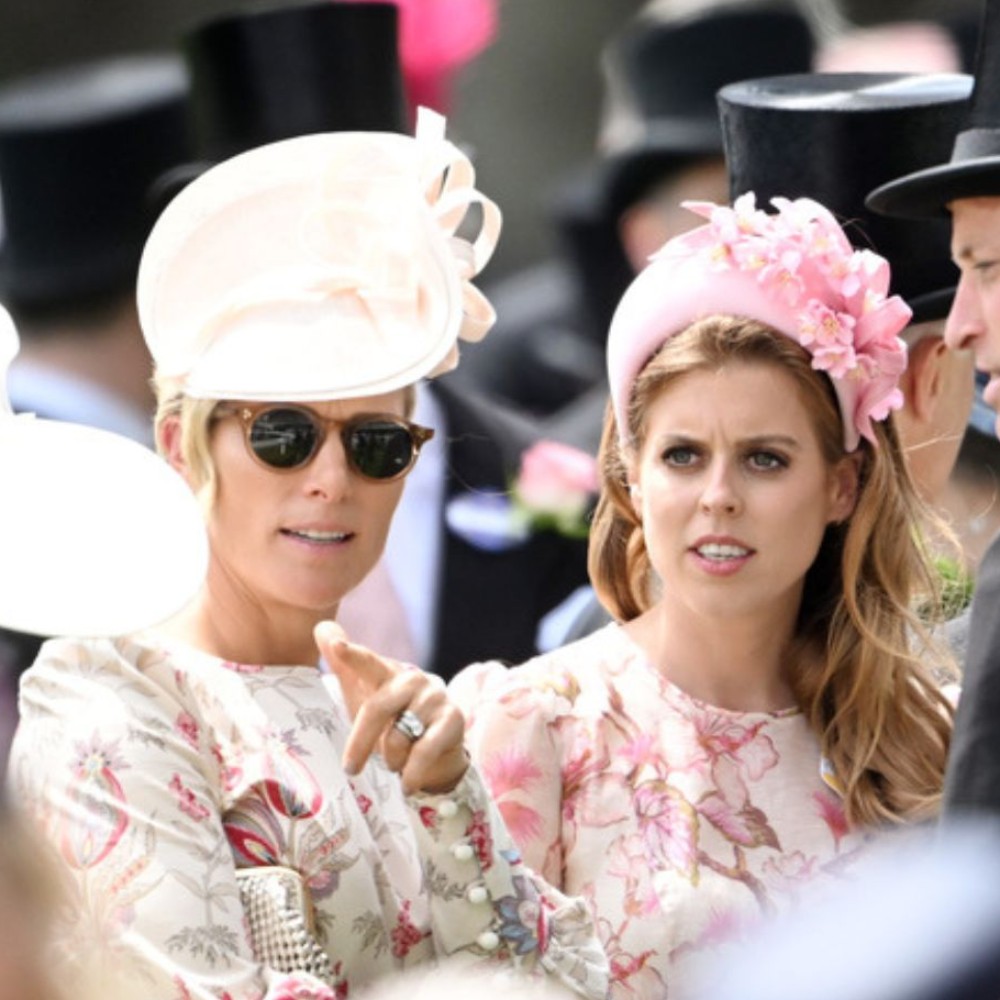Were Kate Middleton's Online Conspiracy Theories Part of Misinformation Campaign? Here's What We Know
Speculations arise over whether Princess of Wales Kate Middleton’s online conspiracy theories were orchestrated as part of a misinformation campaign. Here's the latest on what we've uncovered.
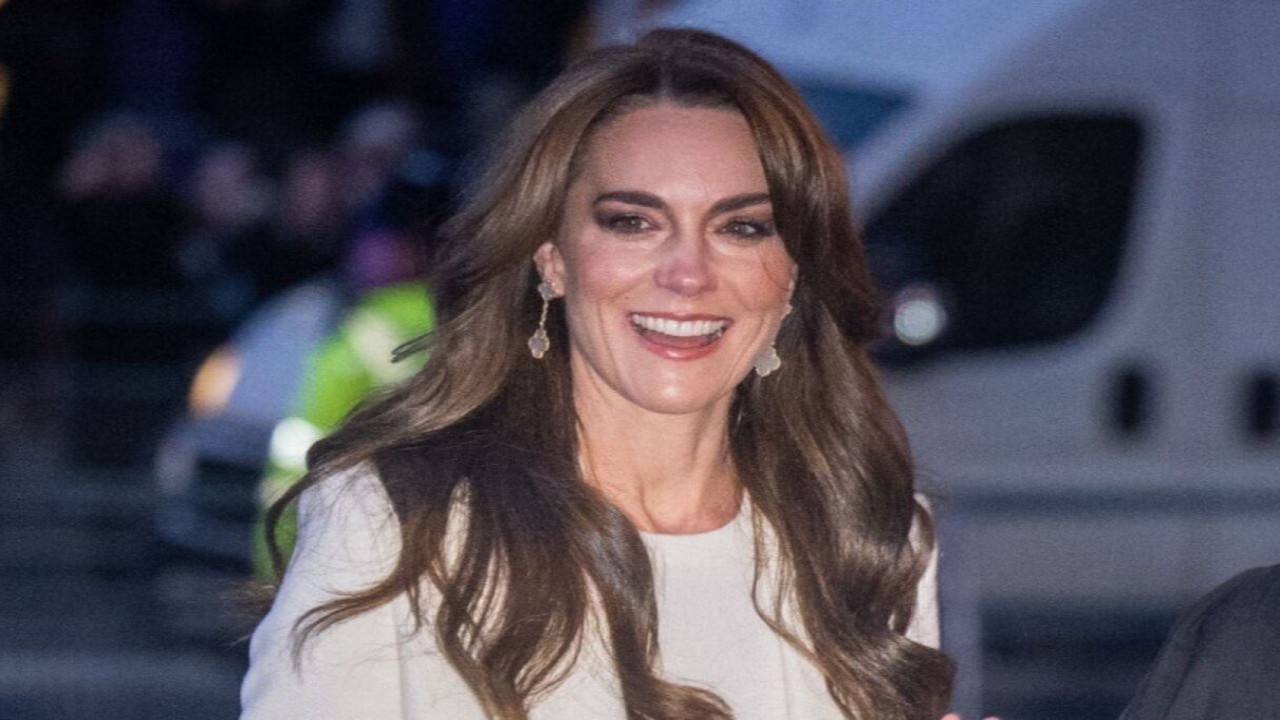
Reports suggest an increase in online interest in Princess of Wales Kate Middleton's medical history before her cancer diagnosis, fueled partly by a Russian misinformation campaign.
Martin Innes, director of Cardiff University's Security, Crime and Intelligence Innovation Institute, shared his findings with NBC News and The New York Times. He identified 45 accounts hinting at affiliation with Doppelgänger, a Russian misinformation operation, in posts related to Princess Kate.
Martin Innes stated that while the network didn't initiate the speculation, it exploited the attention to spread pro-Russia content and create online discord.
"It's not that these Russia-linked accounts were initiating the narrative; they were simply capitalizing on it," he informed NBC News. "The story was already being portrayed in conspiratorial terms, so foreign actors didn't need to establish that frame — it was already present for them to exploit," he explained.
Martin Innes emphasized, "It's about causing instability and eroding trust in institutions like government, monarchy, and media. These narratives serve as perfect tools for achieving those goals."
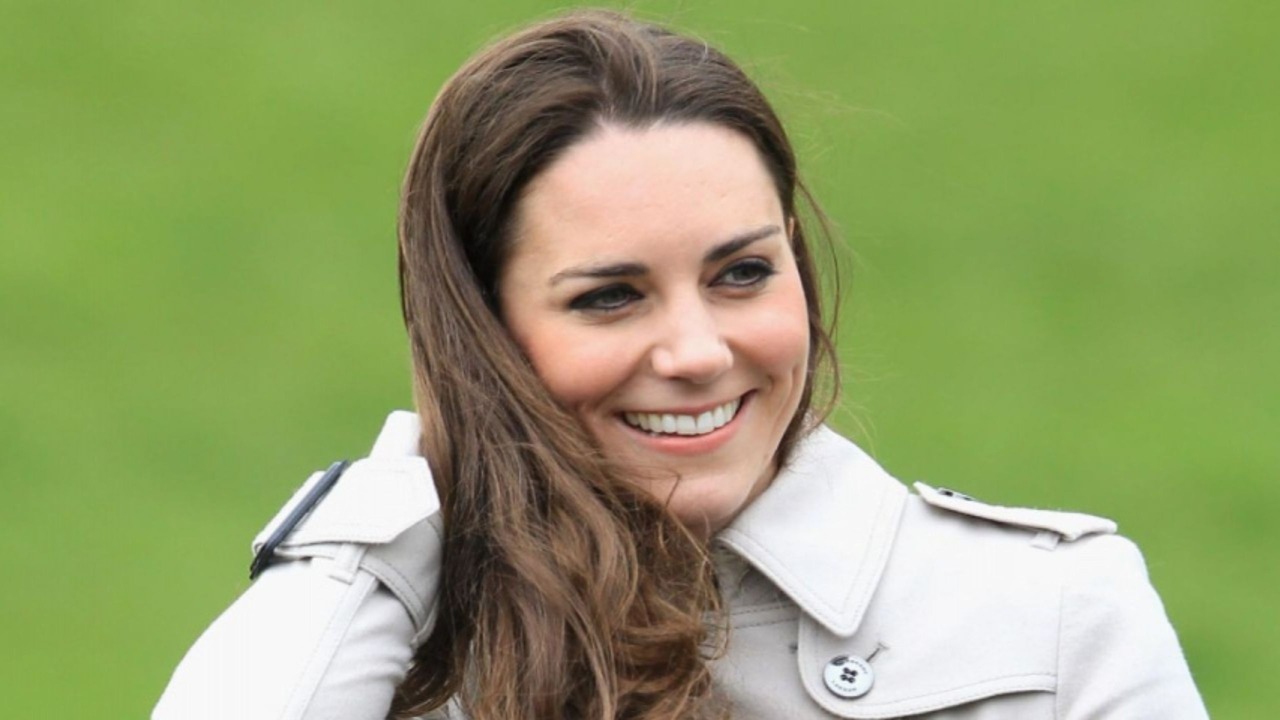
Expert links social media activity to Russian operation Doppelgänger
Discussion surrounding Princess Kate's health and location escalated when Prince William unexpectedly missed a memorial on February 27 for his late godfather, King Constantine of Greece. It's now known that Prince William, 41, withdrew from the event due to his wife's diagnosis following abdominal surgery in January.
Martin Innes suggested that Doppelgänger's involvement was based on the pattern of account usernames being created in batches and using similar wording. He noted that these Russian-linked accounts often responded to posts about Princess Kate on X with pro-Russia, anti-Ukraine messages.
Sander van der Linden, a psychology professor at the University of Cambridge focusing on misinformation, described the speculation surrounding Princess Kate as ‘a perfect environment for conspiracy theories to flourish’. He highlighted how a Mother’s Day photo of the Princess of Wales ignited a PR crisis, intensifying the situation.
Martin Innes informed The New York Times that Doppelgänger probably leveraged online activity for commercial and political purposes. With the Princess of Wales' absence from public view, rumours intensified, providing fertile ground for exploitation. Amplifying these posts allowed them to increase traffic and followers. Additionally, Russian media reportedly targeted King Charles similarly.
A few days before Princess Kate revealed her cancer diagnosis, online chatter intensified about the King, 75, amidst reports from Russian outlets falsely claiming his death. The King, undergoing cancer treatment as announced by Buckingham Palace in February, postponed his public engagements.
On that Sunday, The Mirror reported that doctored death announcements from the palace circulated online and on TikTok.
On the same day, the British Embassy in Ukraine promptly rejected the Russian reports, issuing a statement on X stating, “News of King Charles III's death is false.”
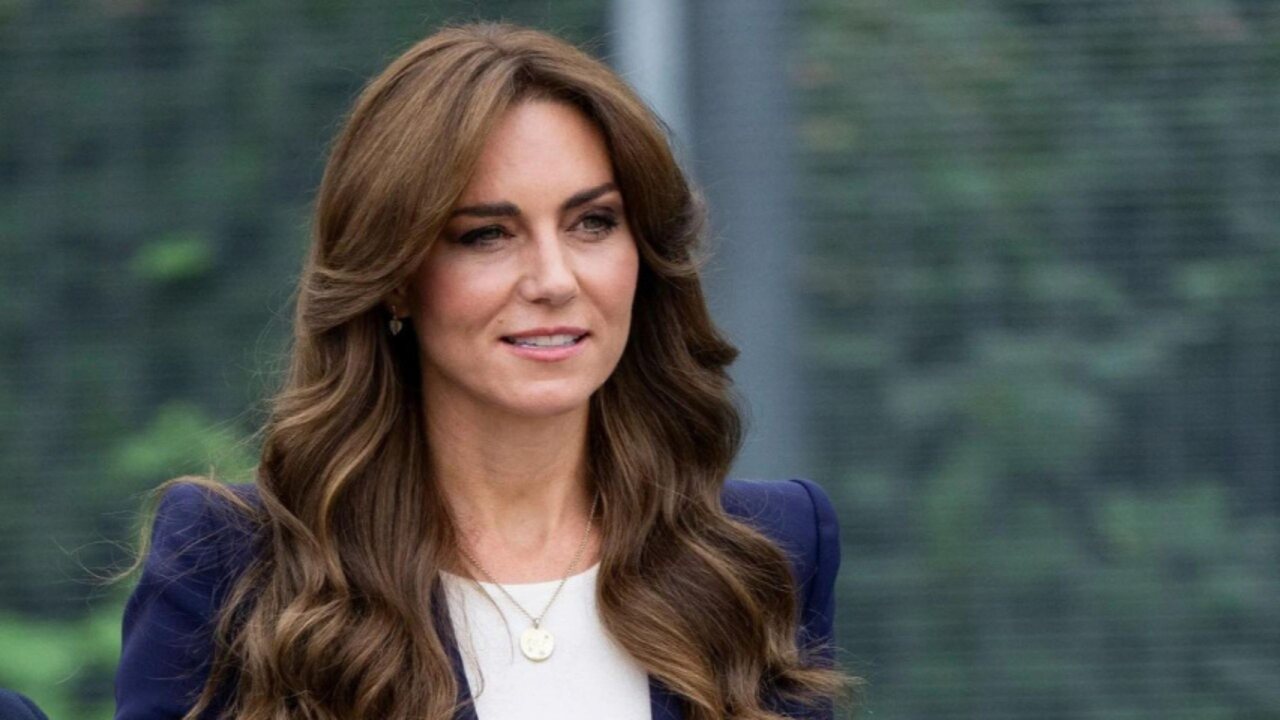
China, Iran accused of misinformation against Princess Kate
Buckingham Palace reportedly denied the rumours in a statement to the state-run Russian news agency TASS, confirming, “The King continues with official and private business,” as per the New York Post.
This week, The New York Times and NBC reported concerns from British officials about China and Iran spreading misinformation about Princess Kate, potentially aiming to destabilize the nation.
A former palace aide tells PEOPLE that the Mother’s Day photo incident reflects the constant demand for information about the royal family, labelling it the curse of modern royal life.
A former longtime palace aide exclusively tells PEOPLE that while there was no malintent, the incident triggered a strong desire for information, reflecting the challenges of being a modern royal. They describe it as a complex reaction.
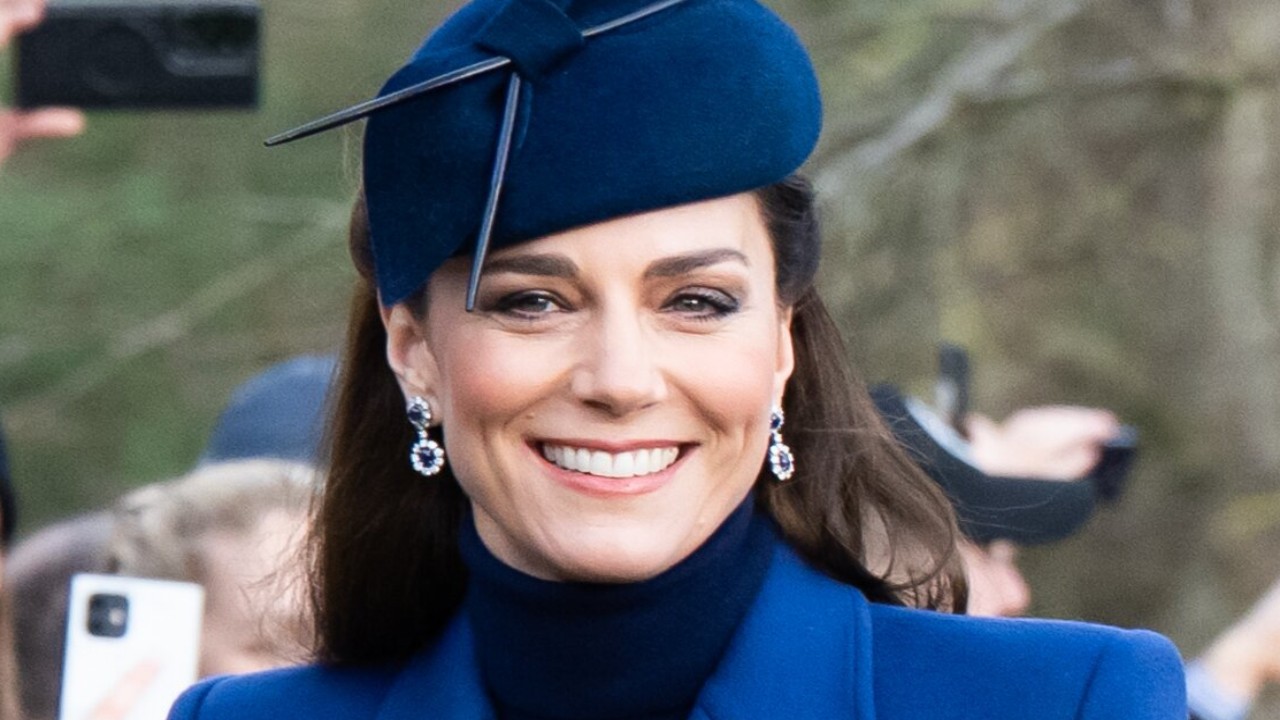
Did Kate Middleton's Friends Not Know About Her Cancer Diagnosis? Source Reveals Princess Of Wales Kept Everything Under Wraps





 JOIN OUR WHATSAPP CHANNEL
JOIN OUR WHATSAPP CHANNEL
































